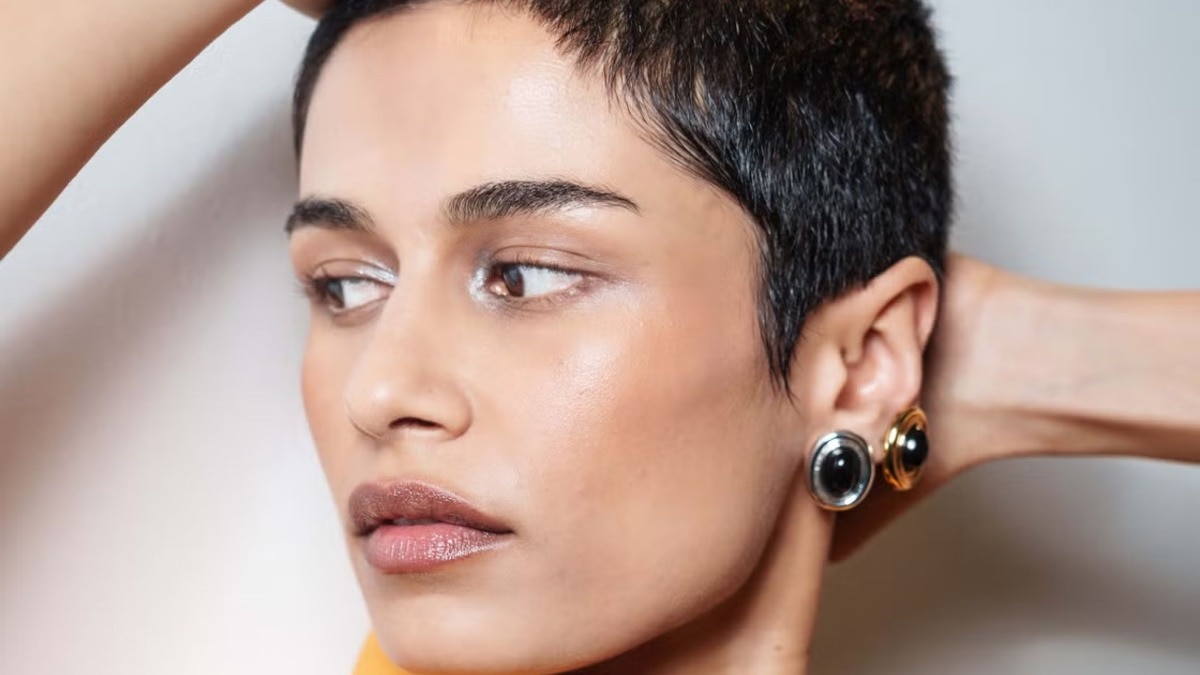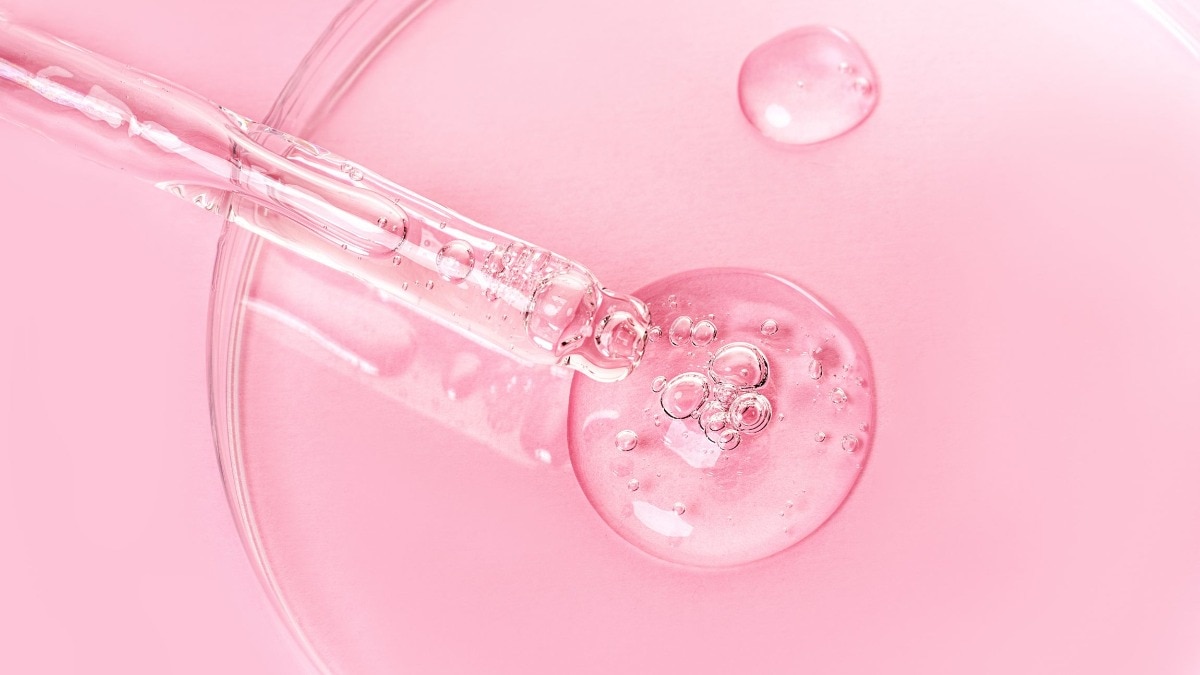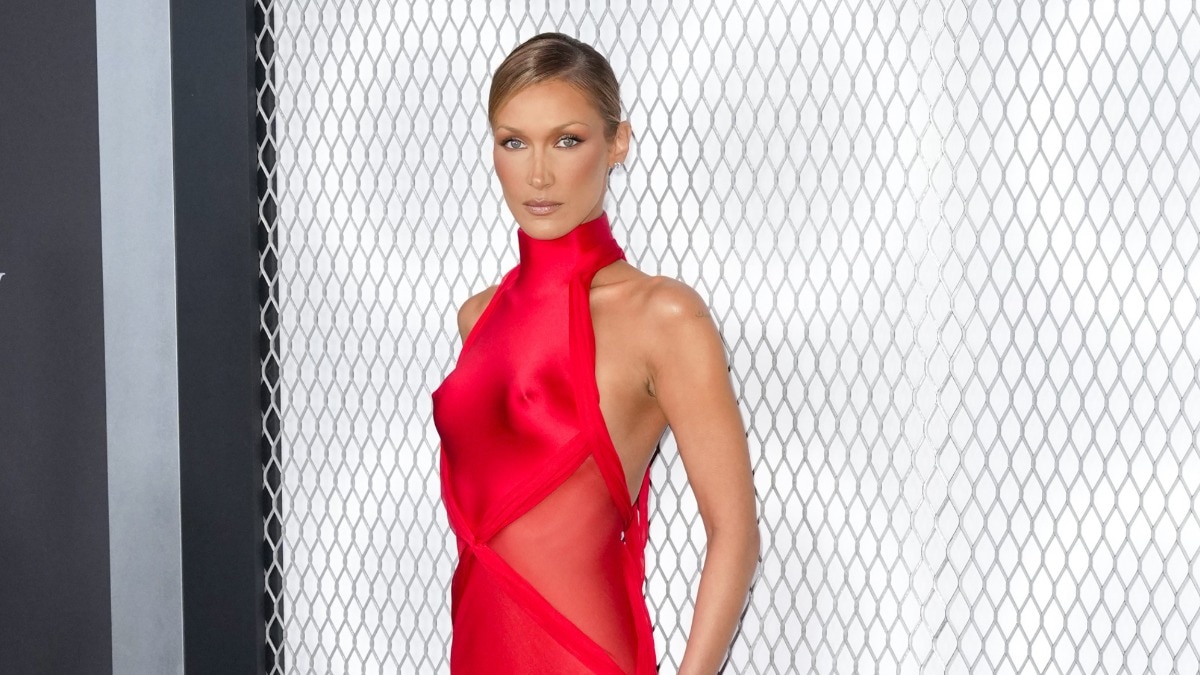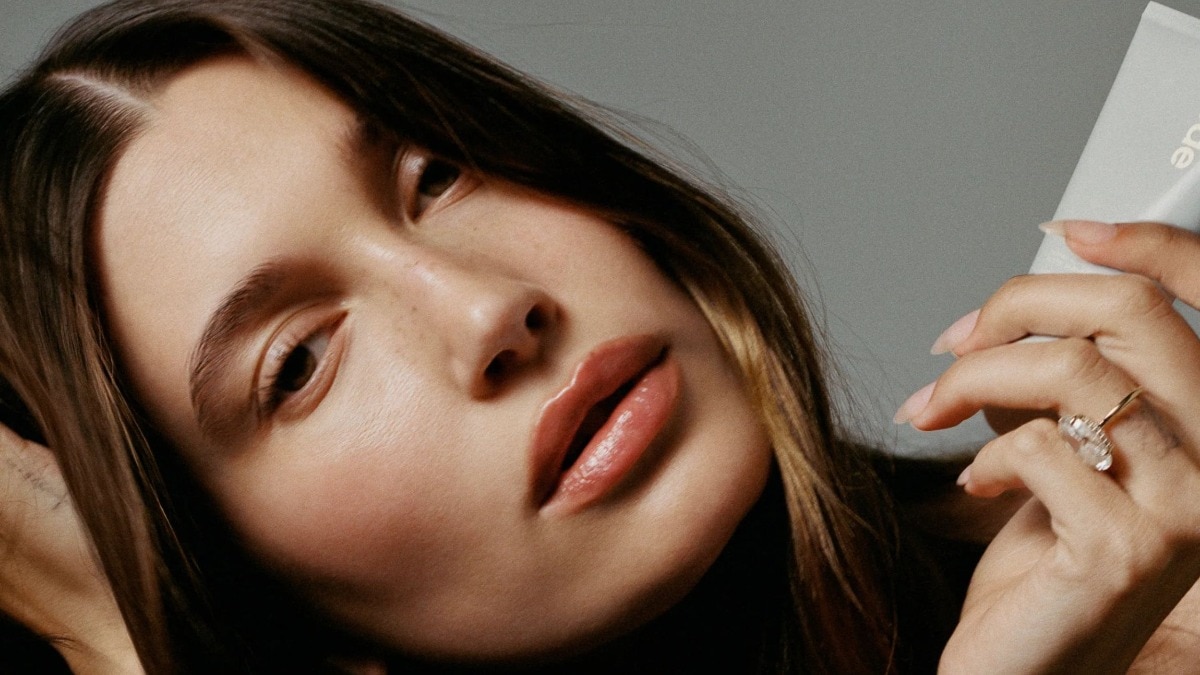
Are we focusing on scalp skin barrier enough?
Yes, it is different from your face skin barrier


Serums, essences, sleep masks—there’s so much we do to strengthen and protect our face skin barriers. Our scalp skin barrier, on the other hand, doesn’t receive as much TLC. Yes, we diligently shampoo and condition. Maybe, throw in a weekly hair mask if we’re feeling generous. The focus, however, is on repairing the strands of our hair rather than nourishing the scalp. Cleansing and exfoliating aside, the scalp too requires hydration and moisturisation, enough to help strengthen its barrier. A stronger scalp barrier equals a healthier scalp, which in turn means fewer hairy woes to keep us up at night. But are we giving it as much importance as we do to the face? Sadly no.
The scalp contains approximately 100,000 hair follicles, each with its own microenvironment. “Now, think of the scalp barrier as the ‘soil’ that determines how well those ‘plants’, i.e. the hair, will grow,” explains Dr Manasi Shirolikar, consultant dermatologist and founder, DrManasiSkin. Therefore, the scalp barrier serves more than just protection; it’s fundamental to hair health.
Scalp vs face
Like your face, the scalp forms a protective biological shield that keeps environmental aggressors, pollutants, chemicals, and other microorganisms from penetrating the deeper layers of the scalp and damaging the hair. “The barrier is made of lipids, ceramides, and corneocytes aka dead skin cells. It functions similarly to the skin barrier on your face, but is uniquely adapted to accommodate hair follicles and sebaceous glands.”
Here’s where people get it wrong though. According to Dr Spoorthy Nagineni, consultant dermatologist at Zennara Clinics, the scalp skin barrier is actually slightly weaker than the face skin barrier—which is what makes it more prone to damage and irritation. “We often prioritise skincare over scalp care, neglecting its essential needs,” she says.
Additionally, the scalp barrier is significantly thicker and contains more layers of cells. “While this makes it resilient, it also makes it more susceptible to the accumulation of dead skin and product residue,” says Dr Shirolikar. All of this aside, the scalp microbiome has specific bacteria and fungi that, if disrupted, can lead to dandruff or inflammation, and therefore treating it like face skin barrier isn’t always ideal.

…More than just dandruff
A healthy scalp barrier will often regulate moisture balance which is important for both scalp and hair hydration. It prevents excessive dryness or oiliness and maintains the optimal pH level for healthy hair growth. Other than protecting the hair follicles from harmful microorganisms and environmental stressors, a healthy scalp houses beneficial microorganisms aka scalp microbiomes which contribute to scalp health, while keeping any fungi in check.
Caring for your scalp barrier
Cleansing
Avoid using harsh haircare products to cleanse your scalp. Opt for a pH-balanced shampoo, anywhere from 4.5 to 5.5. “One should wash their scalp at least two to three times per week,” advises Dr Nagineni. “Opt for clarifying shampoos, especially if you are using hair growth serums daily,” adds Dr Shirolikar. The frequency of the wash, however, should be personalised to your scalp type. If you are working out or tend to sweat more, both experts recommend washing the scalp every day. Avoid washing with hot water.
Below are some products that you can add to your vanity for the best results.
K18 Peptide Prep Detox Shampoo
Fable & Mane HoliRoots Hydrating Shampoo With Coconut Oil & Aloe Vera
PROTECTION
“Shield the scalp from UV radiation by wearing caps, hats, or UV protective serums,” recommends Dr Shirolikar. Other than that, she advises avoiding excessive heat styling and using protective products like bond repairs before chemical treatments.
MAINTENANCE
Make sure to gently exfoliate your scalp regularly, at least once or twice a week. Finally, moisturise with appropriate scalp-specific products that will help maintain overall moisture, nourishment, and health.
Scalp-loving ingredients to look out for:
Hyaluronic acid: Provides lightweight hydration to the scalp.
Peptides: Support collagen production and strengthen the hair structure.
Niacinamide and Vitamin B3: Enhances blood circulation in the scalp, promotes follicle health, and regulates sebum production.
Ceramides and Fatty Acids: For barrier repair
Panthenol: The humectant helps draw moisture from the environment into the scalp, intensely hydrating it while preventing transepidermal loss.
Natural oils such as jojoba or argan: For barrier support.
Microbiome-balancing ingredients like zinc pyrithione, selenium sulfide, and piroctone olamine: This helps with dandruff control.
Lead image: Pexels
Also read: The 9 coolest nail trends you need to know in 2025
Also read: Beauty that’s good enough to eat










